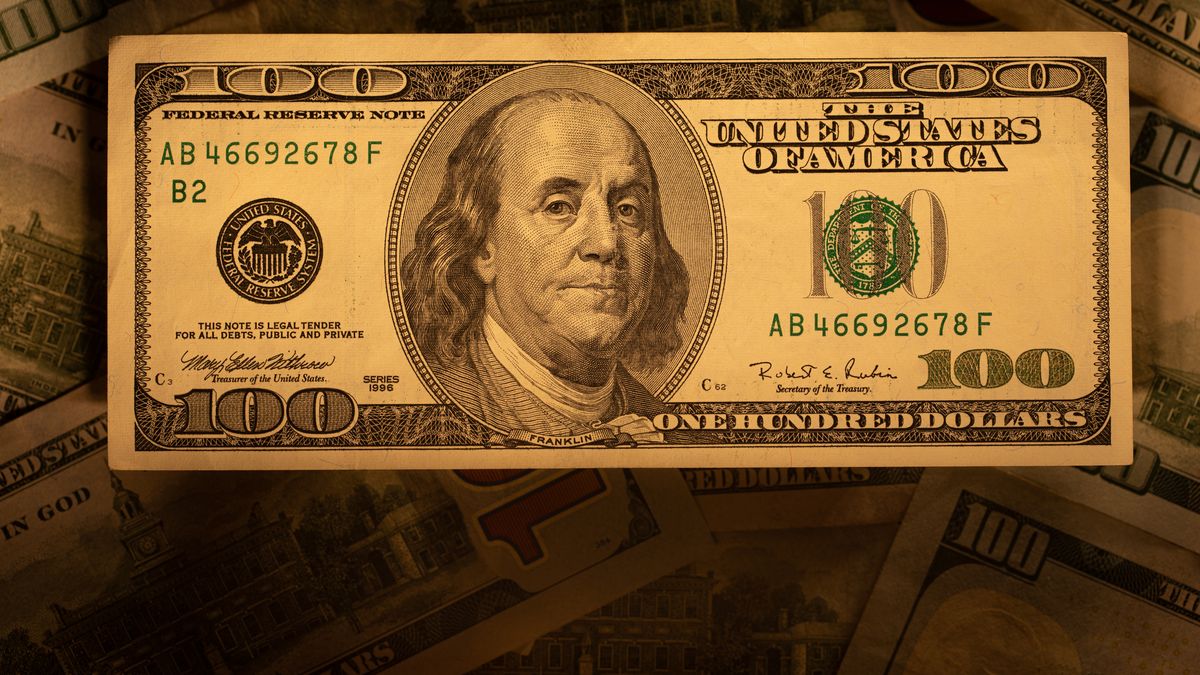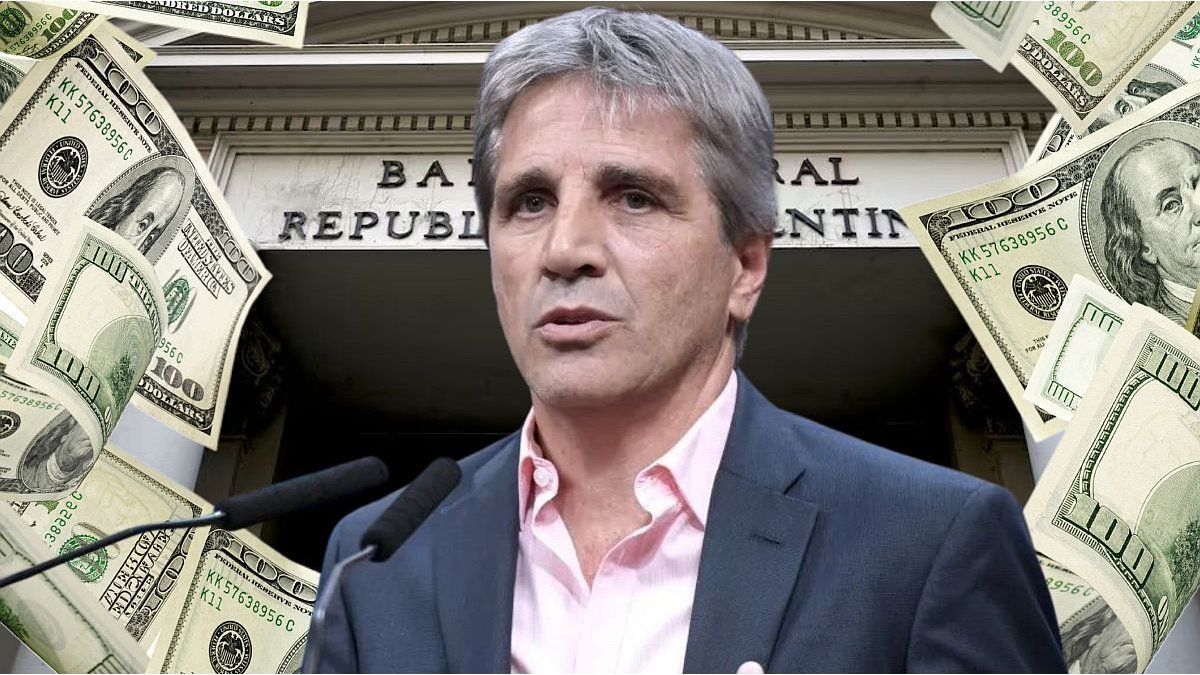The Government will restrict access to savings dollars to a new group. Now, it is about all public and private workers who access the $60,000 bonus to be paid in two installments.
Awaiting the resolution of the Central Bank or the CNV.
Depositphotos
The Government confirmed that those who collect the $60,000 bonus will not be able to buy savings dollars, an operation that due to the exchange rate is increasingly restricted and only allows them to purchase $200 a month. But there is another alternative, with fewer restrictions, which is the MEP dollar and which will continue to be enabled.
The content you want to access is exclusive to subscribers.
The clue was given this Wednesday by the labor minister, Kelly Olmos, by affirming that the one who collects the bond is left out of the purchase of official dollar. “Indeed, we don’t want this to go to the gap, we want it to go to consumption. Whoever collects the bonus is left out of the exchange market.”


The head of the National Securities Commission (CNV), Sebastián Negri, later confirmed that the purchase of MEP dollars will not be prohibited but the one that is accessed through home banking, known as “savings or solidarity dollar”.
Today, around 800,000 people have access to the savings dollar, according to the latest report “Evolution of the Exchange Market”, published by the Central Bank (BCRA). Monthly, the organization loses month after month around US$160 million and US$170 million for purchases of tickets for hoarding by individuals.
Taking into account the delicate situation of the BCRA reserves At this moment, the monetary regulator limits more and more the possibilities of access to the dollar by the different sectors.
Dollar savings: Who can not buy dollars?
- Not having sufficient economic capacity to operate in the exchange market -according to the parameters established by the entity with which you operate-.
- Exceed the total monthly quota of US$200.
- Exceed the monthly quota of US$100 per month for cash purchases, which integrates the total quota mentioned in the previous point.
- Have requested to maintain the subsidies in service rates (natural gas, electricity or drinking water).
- Having received ATP benefits -for people with commercial activity or employed persons whose companies have received it-. Keep in mind that, if the employer obtained the ATP benefit, the restriction is in force, even if it is no longer received or the loan has been returned. The causes related to loans and refinancing refer to the entire system and not just to one entity. For this reason, the situation must be verified both in the entity with which you want to operate and in the rest of the entities. You can verify your situation in the Debtors Central.
- Have made purchases with credit cards in foreign currency for the monthly quota of US$ 200 or more than the quota. Keep in mind that when the quota is exceeded, you will not be able to access the purchase of foreign currency until the months have elapsed to compensate the monthly quota of US$200.
- Have refinancing of installments on credit cards, “Refinancing by Communication A6964” or “Refinancing by Communication A7095”.
- Have pledge or mortgage loans in UVA with refinancing.
- Having received IFE subsidies (according to information provided by ANSES).
- Have received subsidies from PAMI.
- Having been disqualified through communications C from the Central Bank, which inform who were the people suspended to operate in the exchange market.
- Having carried out operations with securities (Communication A7001).
- Not having a registered CUIT number, that is, there is no tax information from the Federal Agency for Public Revenue (AFIP).
Source: Ambito
I am a 24-year-old writer and journalist who has been working in the news industry for the past two years. I write primarily about market news, so if you’re looking for insights into what’s going on in the stock market or economic indicators, you’ve come to the right place. I also dabble in writing articles on lifestyle trends and pop culture news.




